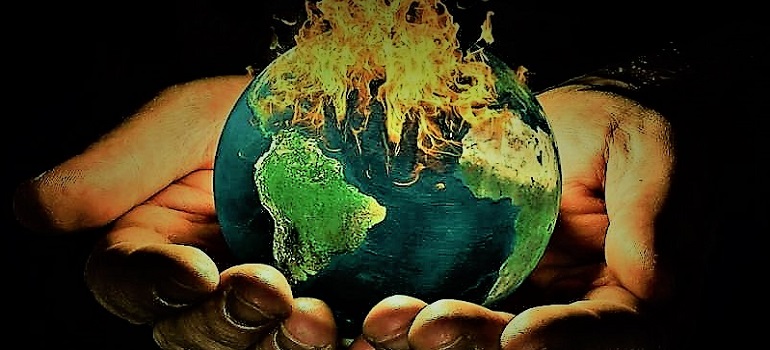Developed nations accused of undermining climate finance and equity, pushing burden onto developing countries.
The United Nations climate talks concluded on 15th June 2023 with a sense of disappointment and frustration as developed countries, led by the United States and the European Union, impeded progress and reneged on agreed commitments within the international climate process. The failure to even agree on the agenda until the closing days exposed deepening fault lines and highlighted the growing tensions between developed and developing nations.
One of the major areas of contention was the fight over climate finance commitments, equity, and the responsibility of developed nations in addressing the climate crisis. Developed countries sought to erase their financial obligations and shifted the focus onto developing nations without providing adequate financial assistance or technology support.
The talks also witnessed significant efforts to establish a global carbon market under Article 6 of the Paris Agreement. However, many voices raised concerns about this initiative, asserting that it could prove to be a dangerous distraction from the urgent need to transition away from fossil fuels. Critics argued that such a market could undermine the provision of new, additional public finance owed by developed nations to their developing counterparts.
Sara Shaw, the climate justice and energy coordinator, expressed grave concern over the actions of rich countries during the negotiations. Shaw emphasized that while discussions on climate finance and equity were repeatedly blocked, the progress on carbon markets went unnoticed. She accused big polluters of benefiting from these developments.
Shaw further contended that carbon markets have historically failed and that there are no rules that can genuinely make a global carbon market effective. She argued that such markets divert attention from genuine climate action and cause significant harm, impeding emissions reductions and climate finance. Additionally, Shaw raised concerns about the potential implications of carbon markets, including the promotion of risky technologies like geoengineering and the threat they pose to communities in the global South in terms of land grabs and human rights violations.
Looking ahead to COP28, the next major climate conference, Sara Shaw predicted a contentious battle between developed and developing countries. She warned that developed nations may try to shift blame onto developing nations for the lack of progress and the agenda disputes. However, Shaw emphasized that the fights over the agenda were symptomatic of a deeper injustice. Developing countries are fighting for climate finance that is not only their due but also crucial to ensure a just transition to a renewable energy system that benefits all.
As the world braces for COP28, the failure to address climate finance and equity issues raises concerns about the effectiveness of future negotiations and the ability to achieve global climate goals. The need for greater cooperation and commitment from all nations has become increasingly evident in the face of the pressing climate crisis.


